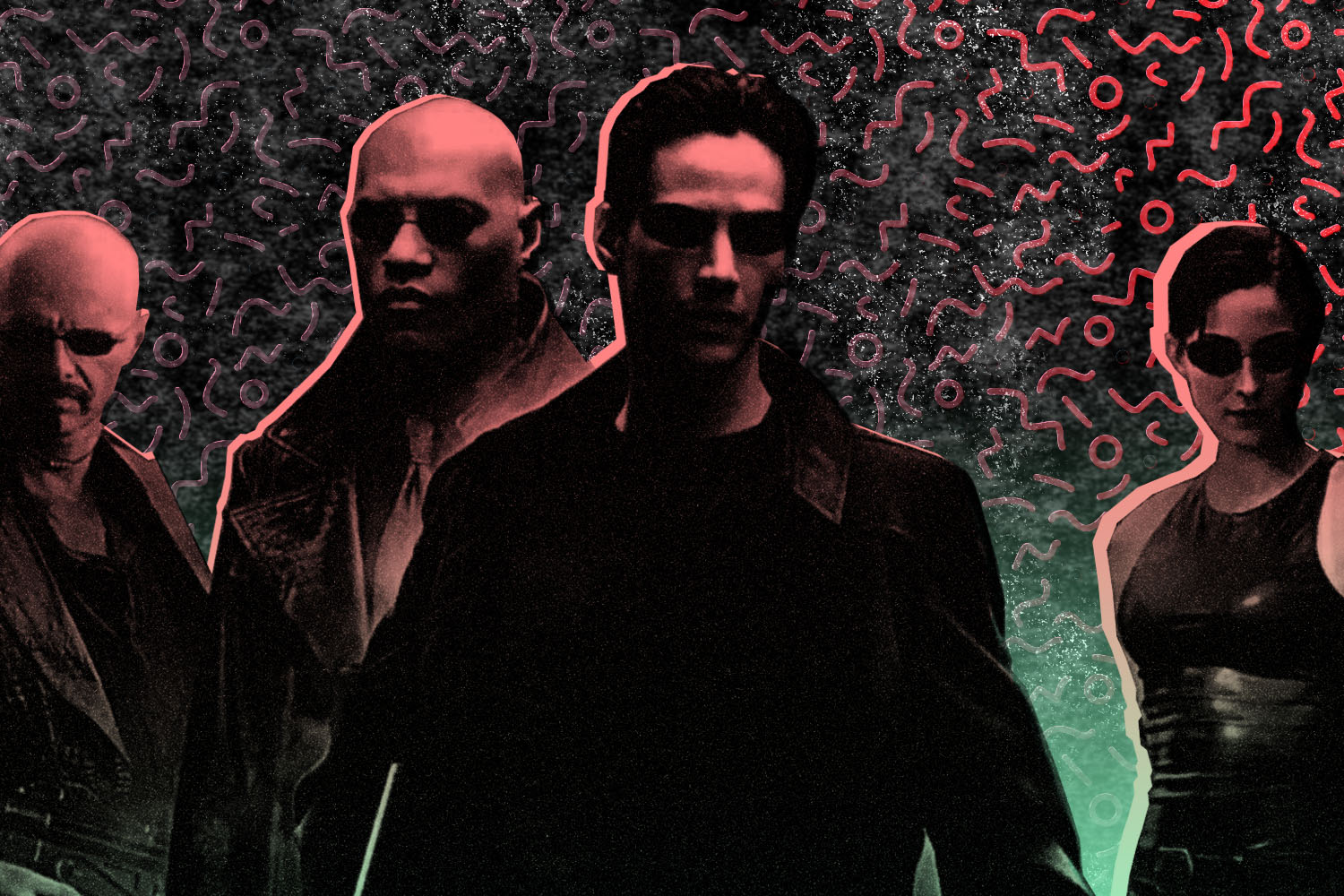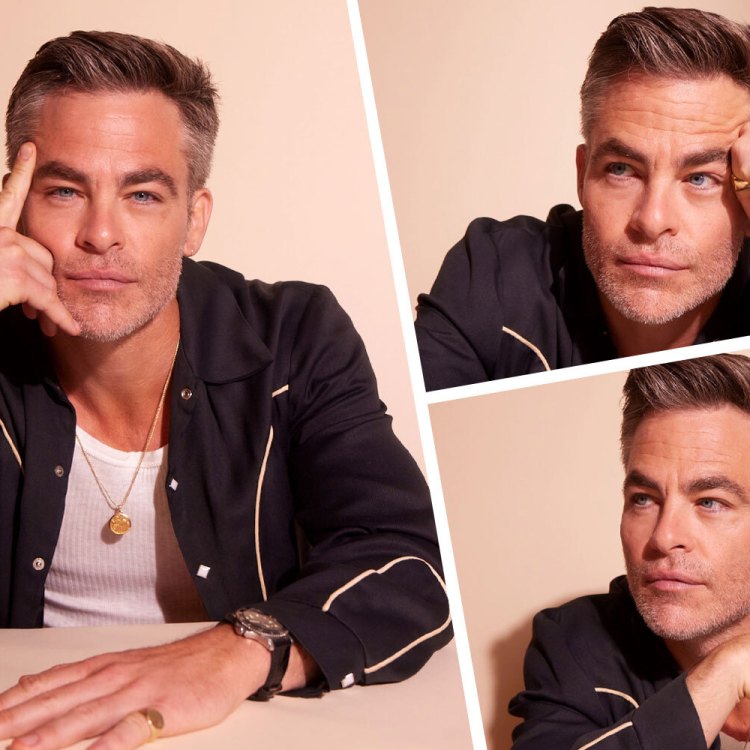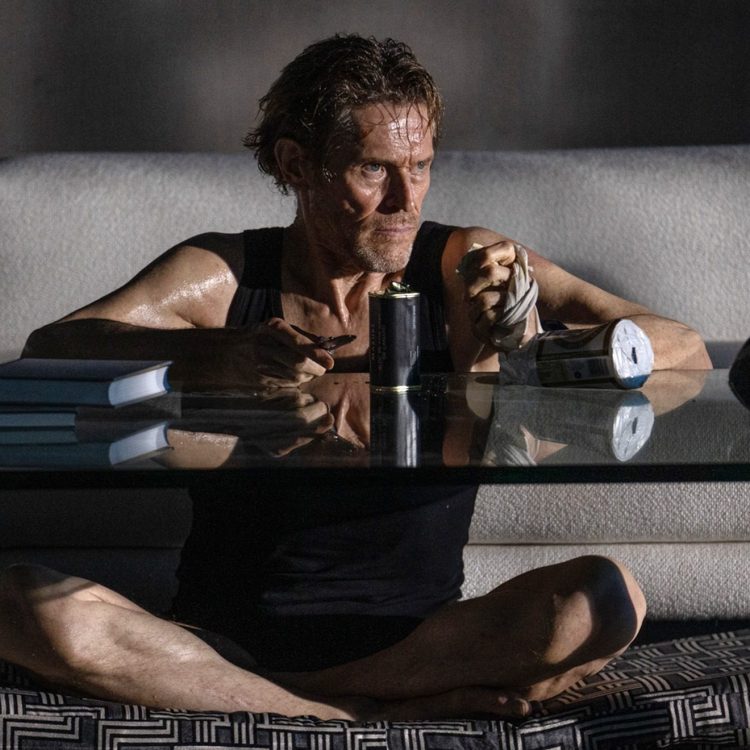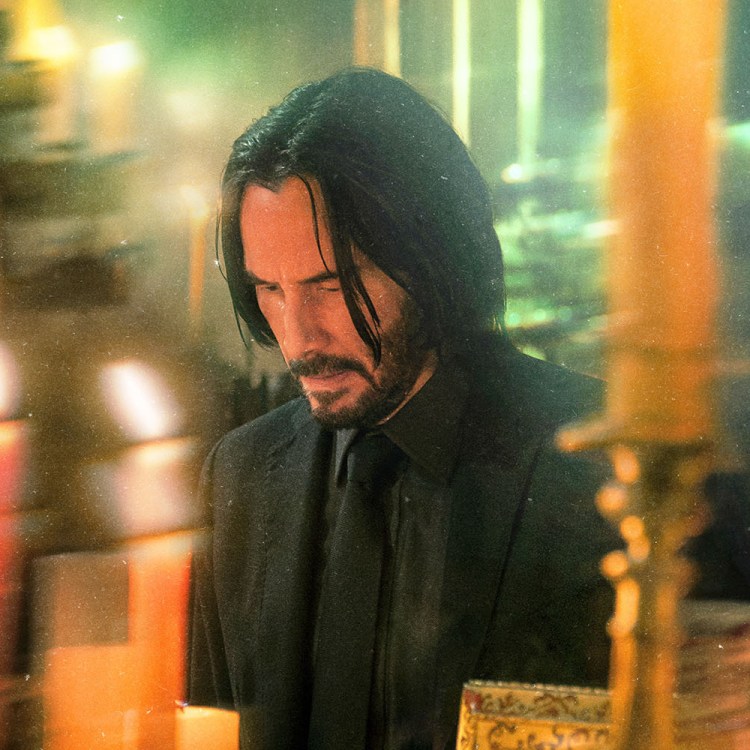For just about anyone born in the 1970s, it’s hard to wrap your mind around the idea that a film like Trainspotting — the heist and heroin film from 1996 that adapted Irvine Welsh’s idiosyncratic novel into a box office sensation — is 25 years old.
Sure, Nirvana’s Nevermind just got the super deluxe 30th anniversary box set treatment, and Oasis’s stand before a quarter of a million people in Knebworth Park just got its own nostalgic documentary, but Trainspotting? Still, not only did the film make Welsh a worldwide household name, it made Danny Boyle a marquee-name director and its cast global superstars.
Below, author Jay Glennie — whose gorgeous, coffee table oral history of the making of the film includes memories of the time from everyone from Welsh and Boyle to Ewan McGregor, Jonny Lee Miller, Kelly Macdonald, Robert Carlyle, and even the crew — tells InsideHook why Trainspotting is as significant as Raging Bull, how McGregor almost wasn’t Renton and how the soundtrack elevated the brief, 90-minute film to another level.
Inside Hook: You’ve now written oral histories on Raging Bull and The Deer Hunter, and you’re working on one about Taxi Driver; those seem like obvious choices in many ways. Why did you feel that Trainspotting fit into that same category and deserved a book like this?
Jay Glennie: Well, especially for my generation, it was really the first film that was British in sensibilities but played like an American film. It was the first time that I could go to watch a film that was eating up all the competitors that wasn’t American. I was an Americanophile. All of my heroes were actors like De Niro and my favorite films were Blue Velvet and so forth. With Trainspotting, I now could be proud to be of a British film. Because it didn’t play like a Merchant Ivory film. I love those films, but they’re almost idolized versions of what Britain should be.
It was such a moment, too, in British culture. So, good things had come out of dark times, because you’d just started to emerge from Thatcherite Britain. The Smiths had happened and the Stone Roses and the Hacienda Club culture were bubbling up. By the mid-’90s, books had changed, film had changed, and music, obviously, had changed. But this was at another level. Like you’ve said, Trainspotting was sort of the Oasis of film. It was something that anybody could wrap their arms around and feel good about. And no matter where you were from, you could identify with the characters and what they were going through.
I think it was the genius of the trio. You had what looked like a band on the poster, but you also had a band that made the film: Andrew MacDonald, John Hodge and Danny Boyle. I barely understood the book, initially, and when I saw the film, I just could not believe how they had adapted this non-linear group of vignettes into a linear story. It was absolute genius.
I want to talk about the source material for a bit because, obviously, it’s really significant and you deal with it in the book too. Talk to me about Irvine Welsh and his books and what he means to British culture, and why you decided to give him so much space in a book about the making of the film.
The film made that decision for me, because the main title was “Irvine Welsh’s Trainspotting,” like Danny Boyle’s this, or Nick Rhodes’ that, or Martin Scorsese’s Raging Bull. In fact, Andrew MacDonald wanted it to be “Irvine Welsh’s Trainspotting.” He was adamant that it should be because it had all started with Irvine. And so, I started the book with Irvine and ended the book with Irvine, and then the film was the meat in the middle. Because to me, the two slices of bread had to be Irvine.
You talked about the creative team and that band mentality that they had, but without the cast, who were almost all relatively unknown actors, Trainspotting could not be what it has remained. And now, 25 years later, each of their careers has flourished internationally.
It’s just remarkable, isn’t it? You look at that cast and … wow. Obviously, you had Ewan McGregor, who was this beautiful young guy — and nobody’s idea of Renton. But he was determined that this role was going to be his. He lost most of his body fat, shaved his hair off, pissed off his agent and became Renton.
And to hear Ewen Bremner say that he literally told his agent, “Get me any role but this.” Because he played Renton on stage for two years, and he was being offered the goofy on-paper supporting role of Spud. So, he didn’t want to do it. But thank the Lord he did, because he’s the heartbeat. He’s the moral center of the film. He’s just such a beautiful creation.
And then you had Robert Carlyle. He’d turned down Shallow Grave, so when he was offered the opportunity to work with Danny again in Trainspotting, he jumped. They asked him, “What part do you fancy? Begbie?” And he thought, “Begbie’s Hagrid. He’s Gandalf. He’s huge.” But Danny Boyle told him, “Small psychos are the best.” And Robert got that to a tee.
And then of course you have Kevin. Danny told me they wanted a beautiful surfer boy who we could kill. As for Kelly, she’d not even acted before. In fact, they were looking for a Kate Moss, Patricia Arquette. She’s nobody’s idea of that. But when she turned up, Danny said, “She opened her mouth and we knew she was the one.” And what a career. But think about it, when Ewan sits down and says, “Are you her flatmates?” And she walks in in the school uniform, and they were her parents. That’s why you needed a new face, because otherwise it wouldn’t have worked.
Finally, Jonny Lee Miller, being English, is no one’s idea of a Scotsman. But everyone on the set believed that he was a Scot because he kept the accent on. He owned that part.
But when you talk to Danny — or Andrew or John — there’s a warmth and generosity and humbleness that must have affected the cast, because they make a guerrilla movie in the space of a few weeks for almost no money. In fact, Danny said, “We had to be surrounded by believers.” And that’s the thread through the book. Every time someone was cast, they were a believer. Because you can’t have an odd man out or it doesn’t quite work. You’ve all got to be believers in the cause to get the best results. And boy, did they get the best results out of this cast.
What did you learn about Trainspotting that was the most surprising?
The Ewen Bremner story, of turning it down. And Irvine selling the rights to a producer that he assumed was Danny Boyle’s producer, when it was just another producer. And so then they had to wrangle the rights off of this other production team. But most of all how they made sure that Iggy Pop was as integral to the film as he was to the book, and how that led to Iggy’s career renaissance.
You mentioned Iggy Pop, and the use of “Lust For Life” in the opening is crucial to setting the tone, but Blur, Underworld, Lou Reed’s “Perfect Day” are all so memorable. Why was the music so important, and why do those songs still to this day scream Trainspotting?
It’s odd, isn’t it, because I’m a big fan of Iggy Pop, but “Lust for Life,” as soon as you hear the song now, you see that opening sequence in your mind. You can’t help it! Or “Born Slippy” at the end. It’s an odd one, because it shouldn’t work on paper. A little bit like in Reservoir Dogs when you hear “Stuck in the Middle,” most people didn’t know the song, but they felt as though they did or they should. And in Trainspotting, you had Iggy Pop and Lou Reed from the ’70s, and then you moved into the ’80s with New Order and Frankie Goes to Hollywood, and then the ’90s with Blur, Primal Scream and Pulp, and there was the rage scene, with Leftfield and Underworld. But time hasn’t passed in the film. Because if you’d seen that on paper, you would assume that the characters had aged. They hadn’t aged, but it worked, and it worked absolutely worked seamlessly.
And it moves the narrative along so crucially, too, doesn’t it?
Yeah, it does. But it doesn’t overshadow it. Sometimes, on paper, that could’ve been an almost sort of MTV pastiche film. “Just throw another song at it, because we’ve got this gaping hole in the story.” This story’s so watertight. It’s the perfect three-minute pop song film, because it’s a 90 tight minutes. And what do you pack into the 90 minutes? Before we even get the credits, you know exactly who the characters are: They’re thieves, they’re druggies. So, the tightness of that film, with that soundtrack, is just perfection personified. It’s been parodied so many times, as have the posters, but it’s never been bettered, I don’t think.
The last question may fairly obvious, but I want to talk to you about what, 25 years later, Trainspotting means. Obviously, new generations have discovered the film. And there’s a whole legacy now to this, and when I read the book, what occurred to me was that, with Trainspotting and What’s the Story (Morning Glory), and Parklife, it was such a crazy time in the creative arts, especially in Britain. But the book also changed my relationship to the film, in that it elevated it to being on par with the other films that you’ve been writing about: Raging Bull, The Deer Hunter, Taxi Driver. Did you set out to do that? And what does that legacy mean for Trainspotting in the larger picture?
Well, the film had a huge effect on me when I first saw it. And the danger is — or the fear — when you dive into writing a book like this, is that you overanalyze it, and at the end of the process, you’ve put it through the ringer so much, what comes out isn’t the movie you knew when you started. But this film, still, to me, holds up on every level. Because it could’ve been a Bonfire of Vanities. They could’ve taken Irvine’s book and done that to it. They didn’t. If anything, the film elevated Irvine’s book.
This article was featured in the InsideHook newsletter. Sign up now.



















